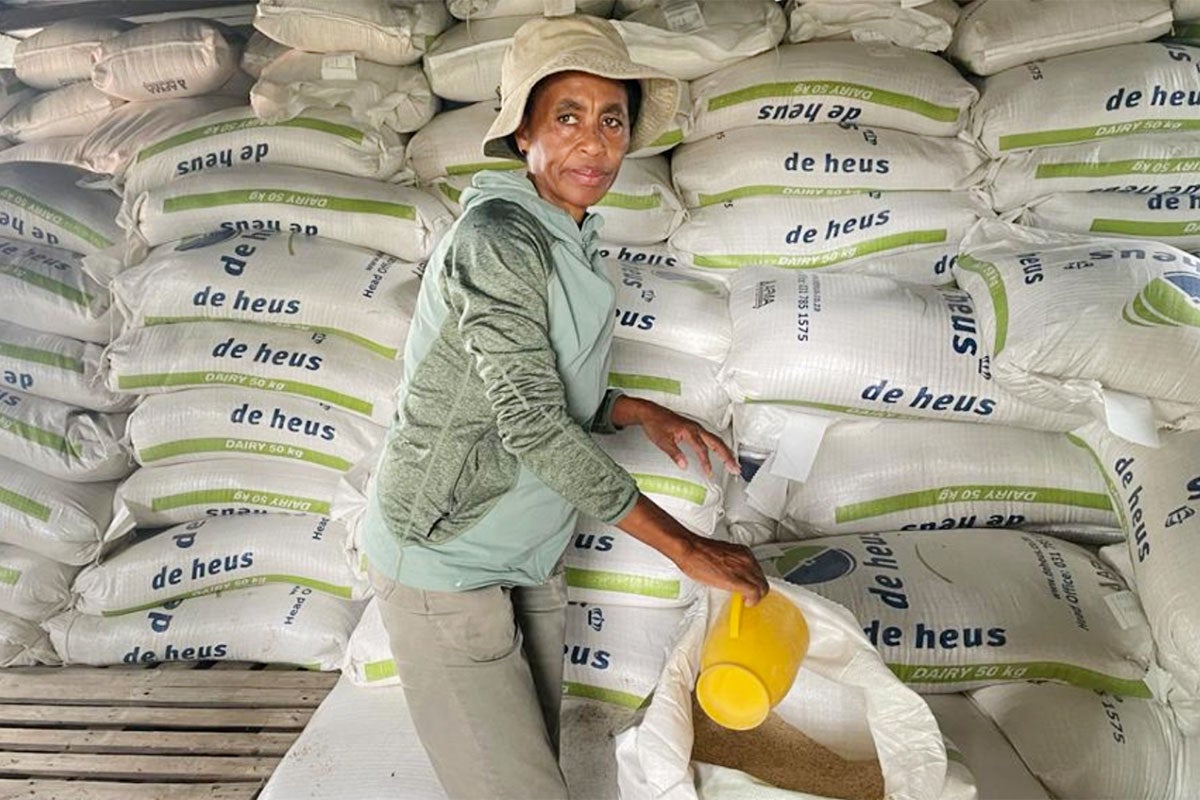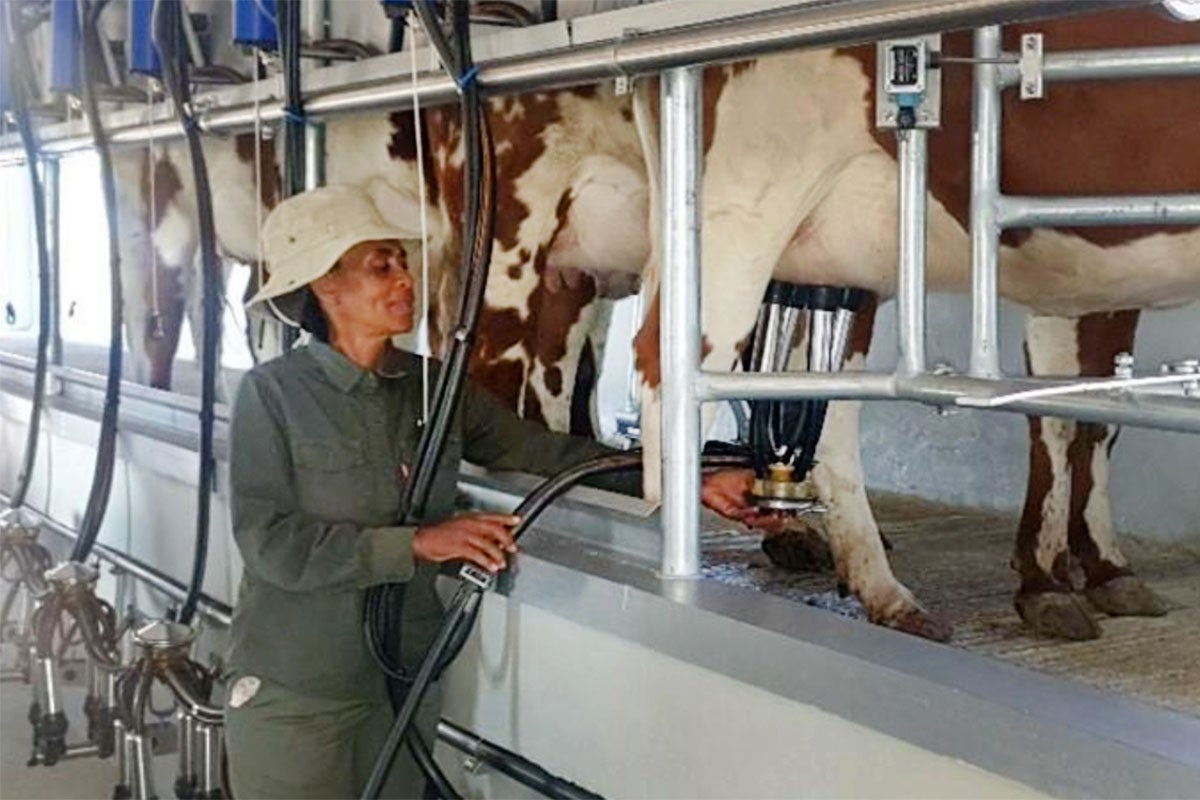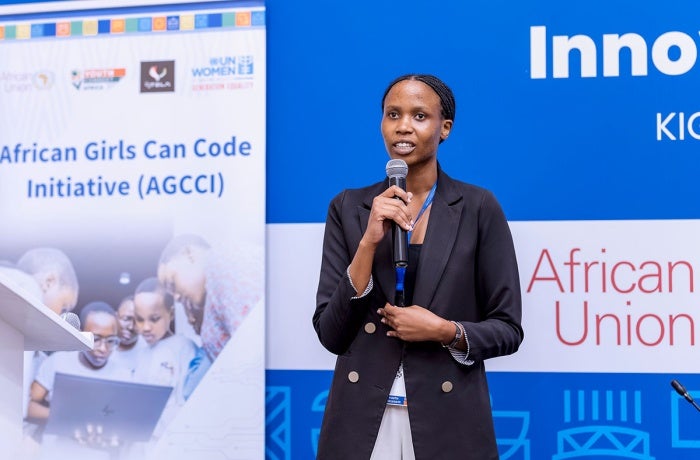UN programme instructs women on climate-resilient farming
Since 2019, UN Women has partnered with the Food and Agriculture Organization (FAO) of the United Nations on “Contributing to the Empowerment of Women in Africa through Climate-Smart Agriculture”, a programme to provide technical farming skills, recommendations on best business practices, and climate-conscious agriculture methods to tens of thousands of women farmers in sub-Saharan Africa.
About 66 per cent of working women in the region are employed in agriculture-related fields, according to a recent report by the FAO. Women’s working conditions “are likely to be worse than men’s”, the report found, citing a disproportionate number of women working in irregular, informal, and labour-intensive work.

“Although commercial farming is still a male-dominated industry where women have to work doubly hard, the reality is that women have always been farmers, working the land and producing food”, said Disebo Makatsa, a South African woman who turned her mother’s vegetable garden into Dee-Y Trading, a 368-hectare vegetable and dairy farm in Free State province.
“What many small-scale women farmers need are skills, finance, technology, and access to markets, to move into the formal economy”, she said.
Makatsa is one of 4,560 South African women farmers who received training through the UN Women and FAO programme, supported by Standard Bank.
In South Africa, the programme has focused on helping them grow crops including maize and beans. In Malawi, UN Women reached 10,461 women, with a focus on growing ground nuts. In Uganda, it helped 1,400 women learn to cultivate farm-raised fish, and in Nigeria the programme reached 12,500 women with techniques to produce shea butter and rice.

Additionally, those trainings have imparted techniques to help fight climate change, through using climate-resilient farming techniques and technologies, as well as responsible land care.
“The programme’s primary goal was to empower women economically while enhancing climate resilience and agricultural productivity”, said Ayanda Mvimbi, Women Economic Empowerment Specialist at UN Women’s South Africa Multi-Country Office.
“I learned a lot about best agricultural practices and implemented them”, Makatsa said, citing programs that taught her about using drip-irrigation technology to conserve water, rotating crops to retain soil nutrients, and growing different vegetables together to save land and keep soil fertile.
Programme participants also receive guidance on legal compliance, helping them formalize their businesses and work with retailers and distributors to sell products that meet food safety standards.
Since working with the programme, Makatsa has added 18 new milk cows to her stock and employs 14 people on her farm year-round, with many more hired during the harvest season. She hopes to grow her business and expand into pasteurized milk, pre-cut vegetables, and other agricultural products.
“I’ve seen a big difference with the quality of crops we're producing and an improvement in the yield,” Makatsa said.









